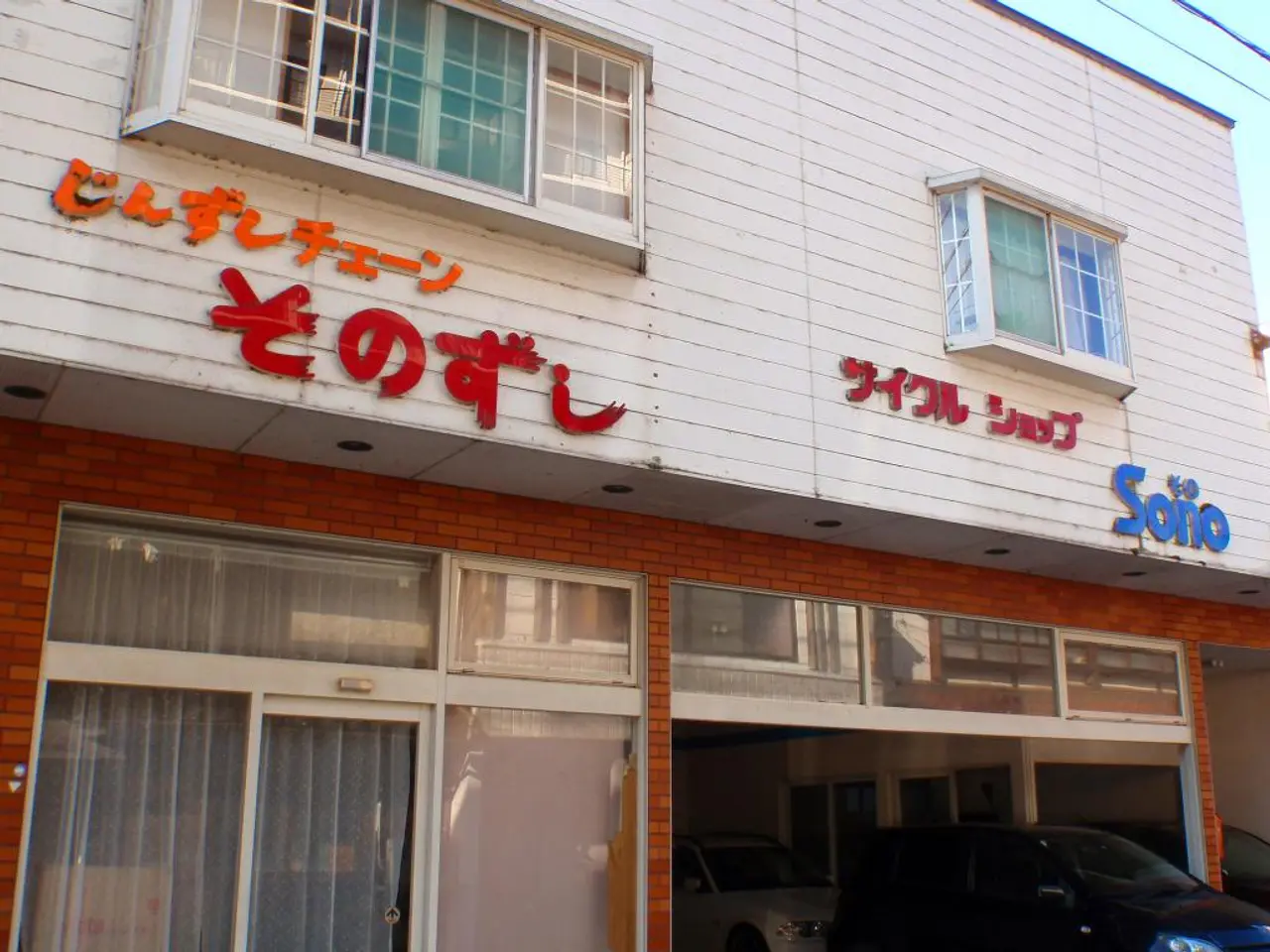Forest Stewardship Council ends the halting of Asia Pulp & Paper's corrective action plan.
Forest Stewardship Council Resumes Remedy Process with Asia Pulp & Paper Amidst Controversy
The Forest Stewardship Council (FSC) has reinstated the Remedy Process with Asia Pulp & Paper (APP) on July 14, 2021, sparking controversy and raising concerns over greenwashing and undermining credible efforts to address forest destruction in Indonesia.
The decision comes amidst ongoing investigations into APP's corporate structure and deforestation impacts. FSC's move has been met with criticism from a collective of 13 non-governmental organizations, who denounce the decision as premature and potentially enabling APP to continue certification efforts without fully addressing deforestation and community exploitation issues.
The controversy began in January 2021 when FSC suspended APP's Remedy Process due to emerging concerns about APP's ties to Paper Excellence, a Canadian FSC-certified firm. FSC's decision to resume the process before concluding the ongoing legal and ownership investigations has raised concerns about ignoring broader corporate responsibilities and existing land conflicts.
Environmental groups such as Greenpeace, Woods & Wayside International, and Auriga have condemned FSC's decision, warning that it misrepresents community perspectives, diminishes trust in FSC's Remedy Framework, and potentially enables APP to greenwash.
FSC claims the decision was motivated by the urgency to provide rights holders access to remedy without further delay. However, skeptics see this as a risk to FSC's global reputation and credibility since it potentially allows APP to proceed with baseline assessments before clarifying the appropriate scope of remedy.
APP, for its part, asserts its commitment to the FSC Remedy Framework and has initiated assessments to estimate remedy costs. They anticipate possible FSC certification within a few years depending on outcomes, but questions remain about their association with illegal logging allegations and forest destruction claims.
The broader implications for forest governance in Indonesia are significant. FSC is considered one of the more credible forest certification schemes, with some noted weaknesses in transparency and enforcement, especially in complex ownership cases like APP. This decision highlights ongoing challenges in balancing stakeholder interests, company accountability, and effective mechanisms to halt deforestation and uphold Indigenous rights in Indonesia’s forestry sector.
In summary, FSC's decision to resume the remedy process with APP amid unresolved investigations risks eroding the integrity of forest certification in Indonesia and could contribute to greenwashing by allowing APP to advance certification efforts without fully addressing historical deforestation and community harm. The move has drawn strong criticism from environmental NGOs for sidestepping crucial oversight and stakeholder concerns.
[1] Greenpeace International. (2021). Forest Stewardship Council's decision to resume Asia Pulp & Paper's remedy process risks greenwashing. Retrieved from https://www.greenpeace.org/international/news/forest-stewardship-councils-decision-to-resume-asia-pulp-pers-remedy-process-risks-greenwashing/
[2] Eco-Business. (2021). Forest Stewardship Council resumes remedy process with Asia Pulp & Paper amid controversy. Retrieved from https://www.eco-business.com/news/forest-stewardship-council-resumes-remedy-process-with-asia-pulp-paper-amid-controversy/
[3] Reuters. (2021). Asia Pulp & Paper says potential cost of remedy not possible to determine until baseline assessments are made. Retrieved from https://www.reuters.com/business/environment/asia-pulp-paper-says-potential-cost-remedy-not-possible-determine-until-baseline-assessments-are-made-2021-07-14/
[4] Mongabay. (2021). FSC resumes remedy process with Asia Pulp & Paper amid concerns over greenwashing. Retrieved from https://news.mongabay.com/2021/07/fsc-resumes-remedy-process-with-asia-pulp-paper-amid-concerns-over-greenwashing/
[5] The Guardian. (2021). Forest Stewardship Council accused of rushing to lift Asia Pulp & Paper suspension. Retrieved from https://www.theguardian.com/environment/2021/jul/14/forest-stewardship-council-accused-of-rushing-to-lift-asia-pulp-paper-suspension
- The resumption of the Remedy Process with Asia Pulp & Paper (APP) by the Forest Stewardship Council (FSC) raises concerns about potential greenwashing, as the move could enable APP to advance certification efforts without fully addressing historical deforestation and community harm.
- FSC's decision to resume the Remedy Process with APP, amidst ongoing investigations into their corporate structure and deforestation impacts, has been met with criticism from 13 non-governmental organizations, who denounce it as premature and potentially enabling APP to greenwash.
- The controversy surrounding FSC's decision to resume the Remedy Process with APP is significant, as it highlights ongoing challenges in balancing stakeholder interests, company accountability, and effective mechanisms to halt deforestation and uphold Indigenous rights in Indonesia's forestry sector.
- FSC's global reputation and credibility are at risk due to the decision to resume the Remedy Process with APP, as skeptics see it as a risk that potentially allows APP to proceed with baseline assessments before clarifying the appropriate scope of remedy.
- Corporate responsibility and sustainability are crucial factors in forest governance, and the FSC's decision to resume the Remedy Process with APP, without fully addressing deforestation and community exploitation issues, may ignore broader corporate responsibilities and existing land conflicts.




